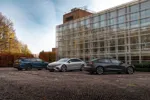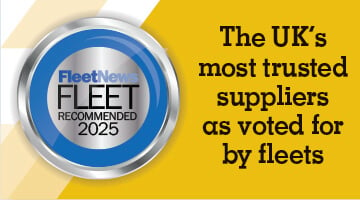By Andrew Ford, solicitor at Shakespeare Martineau
Haulage firms have a responsibility to safeguard the welfare of their drivers as the likelihood of migrants illegally boarding their vehicles increases. Given the imminent threat to the safety of drivers on the road, haulage firms should therefore put preventative measures, and where possible, technology in place to minimise the chance of this happening.
The ‘lone’ nature of commercial driving means that haulage operatives are potentially exposed to both physical and financial risks, particularly if appropriate safety measures have not been put in place. Additionally, drivers can face fines of up to £2,000 per person, if migrants are found in their vehicles and therefore, investing in policy and technology far outweighs the cost implications of fines imposed by the Border Force. Recently, a driver proactively reported stowaways in his vehicle to the police and was still fined, demonstrating that little protection is offered to drivers that make efforts to do the right thing.
Key preventative steps should be conducted before a journey begins and any time after a rest break. For guidance, haulage companies should refer directly to the Civil Penalty Code of Practice for Vehicles which has been prepared by the government to outline recommended steps drivers should take to avoid stowaways. Examples of technology that can be used include on-board CCTV, with clear signage warning stowaways that it is in operation acting as a deterrent. Regular due diligence checks to ensure these steps have been taken are equally important, given that drivers are very much on their own if an incident occurs while on the road.
This approach may also be taken into account if drivers are found to unwittingly have migrants on board their vehicles. The levying of fines can be reduced if a driver can demonstrate that efforts have been made to put such measures and policies in place.
While it is not ideal that haulage firms have to go to this extent to maintain safe working conditions for drivers, the government’s inability to resolve the issue at the border means the industry must take the necessary steps to protect itself. Checking that driver safety has been prioritised is therefore a matter of urgency in order for firms to fulfil their obligation of protecting the welfare of their employees and safeguarding the bottom line of the business in the process.
In light of a continuing problem with migrants illegally boarding vehicles entering the UK, hauliers would be wise to invest in equipment and rigorous policies. Regular checks to ensure these systems are continuously in operation are vital and devising an approach becomes pointless if it is not followed at all times.















Login to comment
Comments
No comments have been made yet.